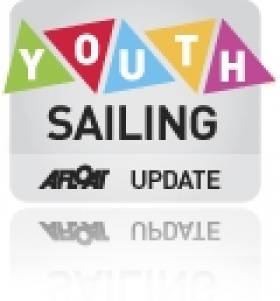Displaying items by tag: Tom Hubbell
Voices Across The Pond Call For Sailing Growth
#Sailing - Scuttlebutt Sailing News has highlighted some North American voices adding to the chorus that calls for a renewed emphasis on dinghy sailing and encouraging a broader base of participation in the sport.
Former ISAF president Paul Henderson shared his thoughts on the elements that grew the sport of sailing over the past four decades, and what he believes is holding sailing back today.
Aside from the expense of new boats and the emphasis on single-handers and college sailing that prioritises the most elite athletes, the Canadian sailing hand also believes yacht clubs in North America "have forgotten what they are about... [thinking that] regattas should be a profit centre, rather than the hosting the sailors cheaply as the raison d’etre of a yacht club."
Meanwhile, US Sailing president Tom Hubbell has added his own suggestions for introducing young newcomers to the sport through the one-design classes - via mentoring, networking socially and, very importantly, limiting failure so that young sailors will be encouraged to return again and again for more.
Their comments come after former ISA president Roger Bannon's candid assessment of the state of sailing in Ireland today.
According to Bannon, the "importance of supporting elite and Olympic sailing" must become "a subsidiary focus to the main objective of getting people sailing competently and safely in whatever boat they wish".





























































